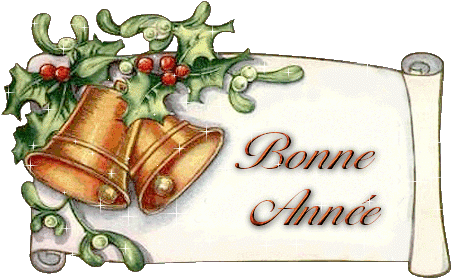Quebec, Christmas Eve, 2011: Somewhere, a couple of media personalities are ranting to each other over dinner because someone wished one of them “Joyeuses Fêtes” – instead of “Joyeux Noël.”
And somewhere else, a faithful reader of nationalist Le Devoir is turning to the editorial page, to see whether the newspaper has published his complaint that a harried store clerk thoughtlessly wished him a Merry Christmas – in the wrong language.
Such is the holiday – excuse me, Christmas – spirit in Quebec this year that to express it is to risk offending with the wrong choice of words.
In a society so politicized that the language spoken by the coach and players of the Montreal Canadiens is an issue (but only when the hockey team is losing; over to you, psychologists), holiday wishes are not always just holiday wishes. They can also be a political statement.
Quebec is not the only place where the inclusive intentions of “Happy Holidays” – “Joyeuses Fêtes” – can be interpreted as a concession to the forces of “political correctness” waging a “war on Christmas.”
But in Quebec, there is the additional complication of language, especially at a time of heightened sensitivity to that issue.
Spoken with a slightly emphatic edge, “Joyeux Noël” can take on a second meaning that contradicts the first.
It can become a slogan, a spoken, abbreviated form of an unspoken, longer message asserting the cultural majority’s pride of place:
“Joyeux Noël, ké, là? Pas ‘Joyeuses Fêtes’ ou ‘Mer-ry Christ-mas,’ là. Joyeux Noël, crisse!”
Politicians have to be especially careful.
It became an issue five years ago when the National Assembly adjourned for the winter recess at the height of a raging controversy over the accommodation of religious minorities. Some newspapers dutifully noted that when the party leaders of the day expressed their holiday wishes, only Mario Dumont of the conservative Action démocratique du Québec had “dared” to mention Christmas. Both Liberal Premier Jean Charest and the leader of the official-opposition Parti Québécois, André Boisclair, had “avoided” doing so, they reported.
Charest learned his lesson, to judge from his holiday card this year.
The card is illustrated with a striking photograph, carefully posed yet somehow candid-looking, of Charest and his wife, Michèle Dionne – a photogenic couple in a smiling, affectionate embrace.
But what’s even more interesting about the card is the carefully calculated written message inside – or rather the messages, one of which is intended to be secret.
At a time when nationalists are waging a campaign against even the legal public use of English, and accusing Charest’s governing Liberals of selling out to their English-speaking “clientele,” the message on his card is safely in French only.
And just as safely, it extends the wishes of Charest and his wife for “Christmas and the New Year.”
At least, that’s the message in the version of the card sent out to most people on the premier’s mailing list.
Those identified as English-speaking, however, receive the card with an additional, slightly different English message on a sheet of translucent paper slipped inside.
It extends wishes for “this holiday season.”
Journalists who received the bilingual version dubbed the insert the Shroud of Westmount and say that when held to the light, it reveals a secret message:
“Election to be held on (illegible) 2012. Poll locations to follow. Don’t tell anybody who speaks French.”
As for me, my intention is not to offend by extending wishes for “un Joyeux Noël et une Bonne et Heureuse Année 2012 à tous (particulièrement à Richard Martineau et à Benoît Dutrizac),” and “happy holidays to all.”
For it’s the spirit that counts, more than the words.
Back Jan. 17.
dmacpherson UsL montrealgazette.com
When best wishes turn political
Avoiding offence has become a necessity with Quebecers’ hyper-vigilance about language and culture




 }}}
----
{{{}}}
}}}
----
{{{}}}

















Laissez un commentaire Votre adresse courriel ne sera pas publiée.
Veuillez vous connecter afin de laisser un commentaire.
Aucun commentaire trouvé